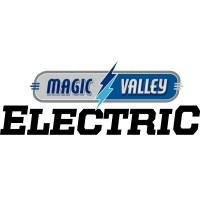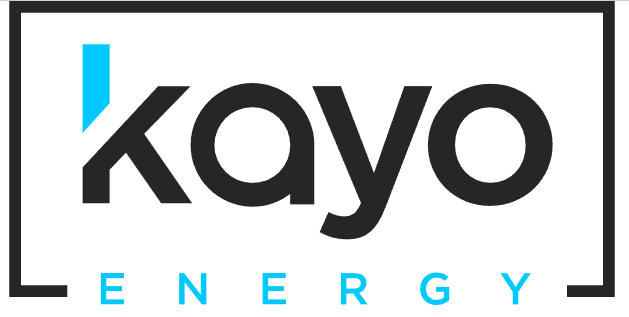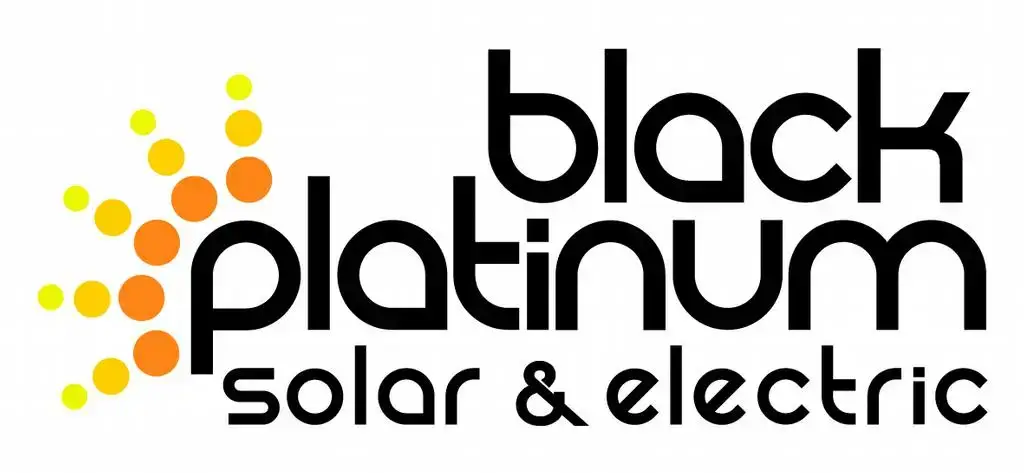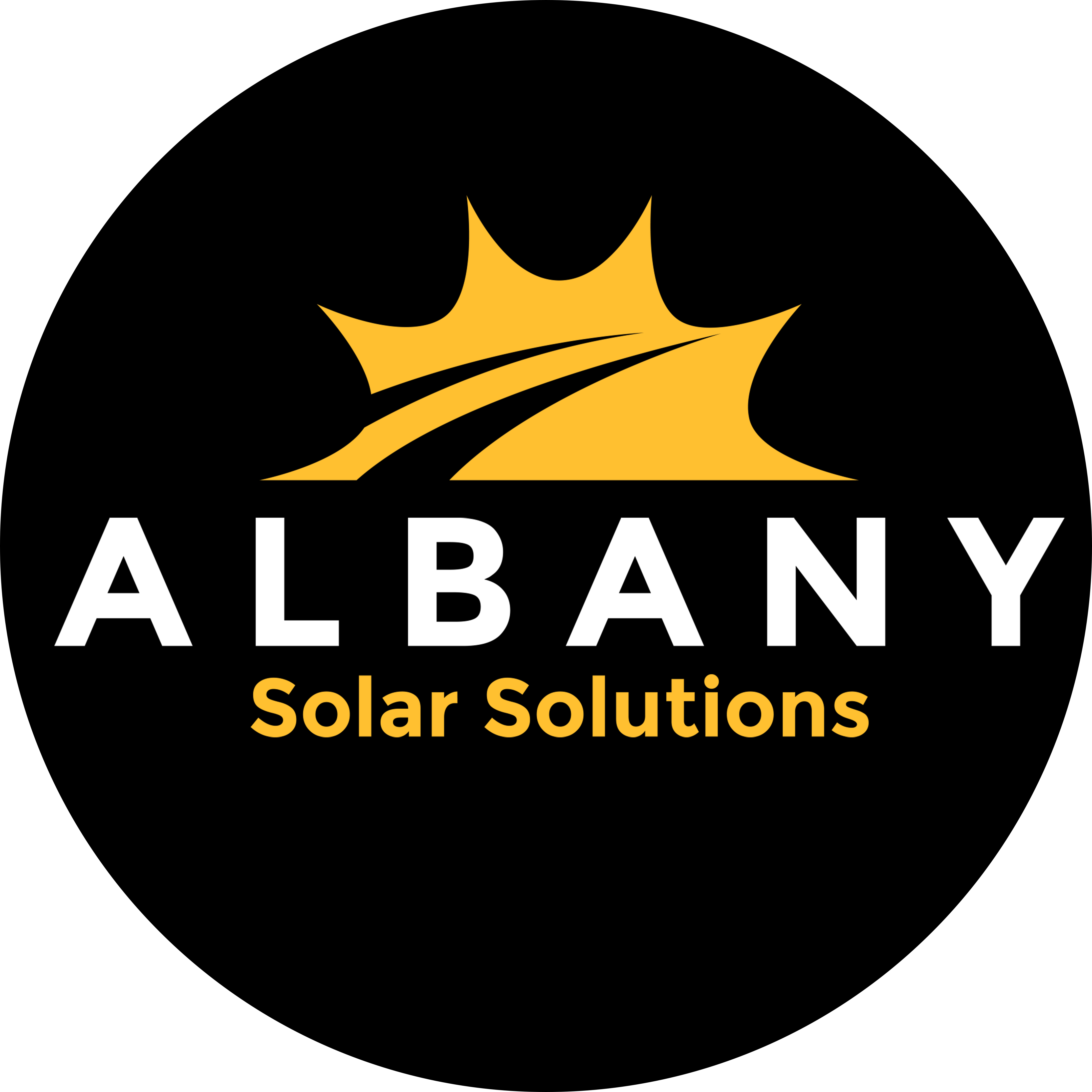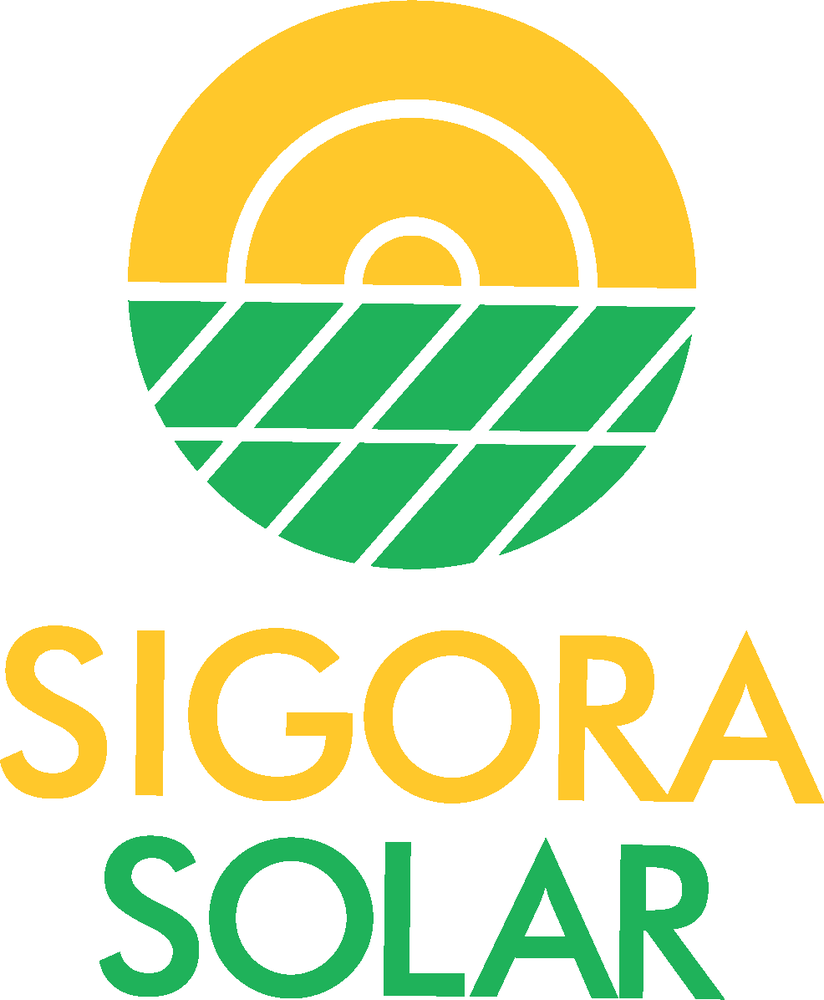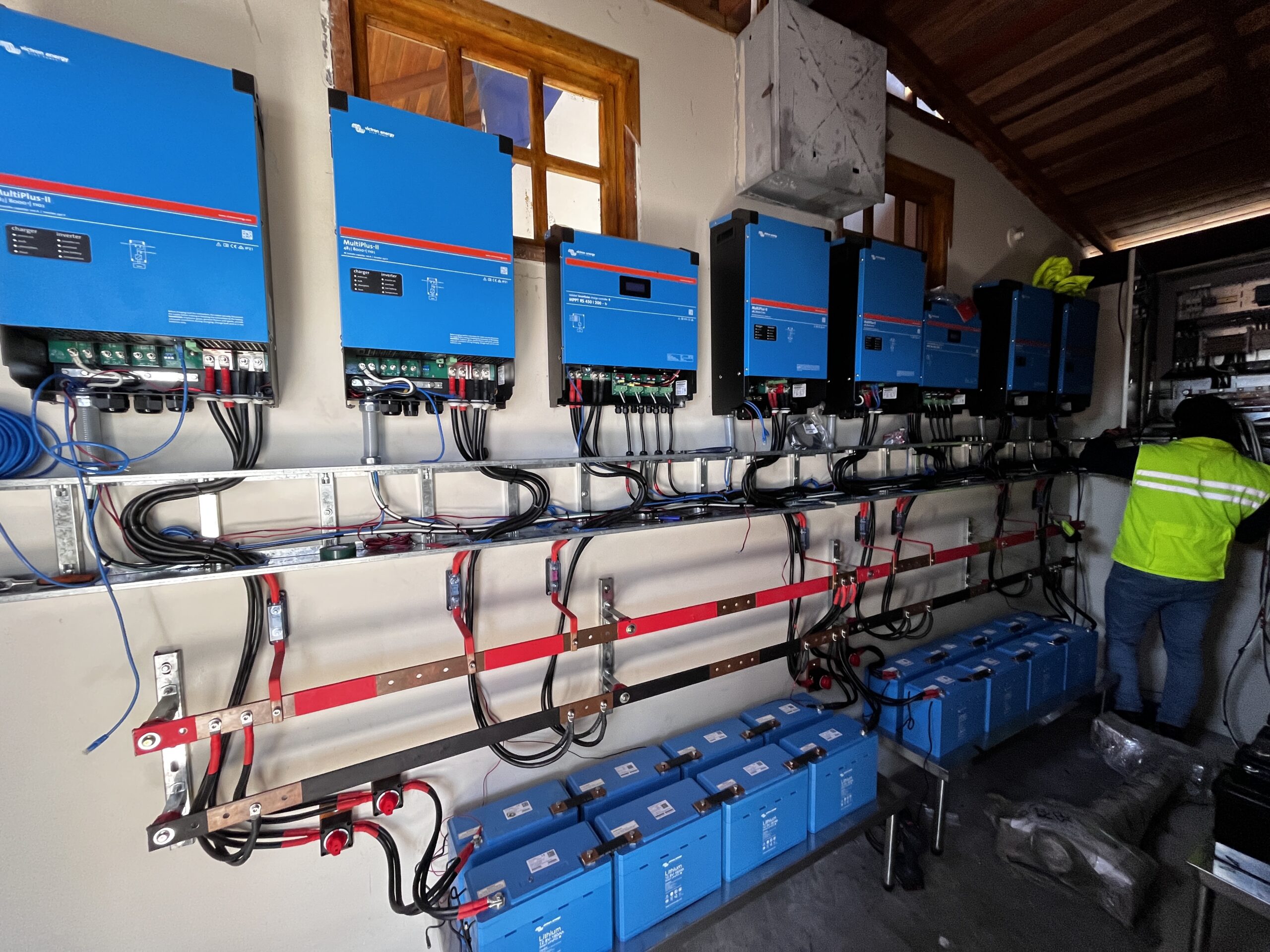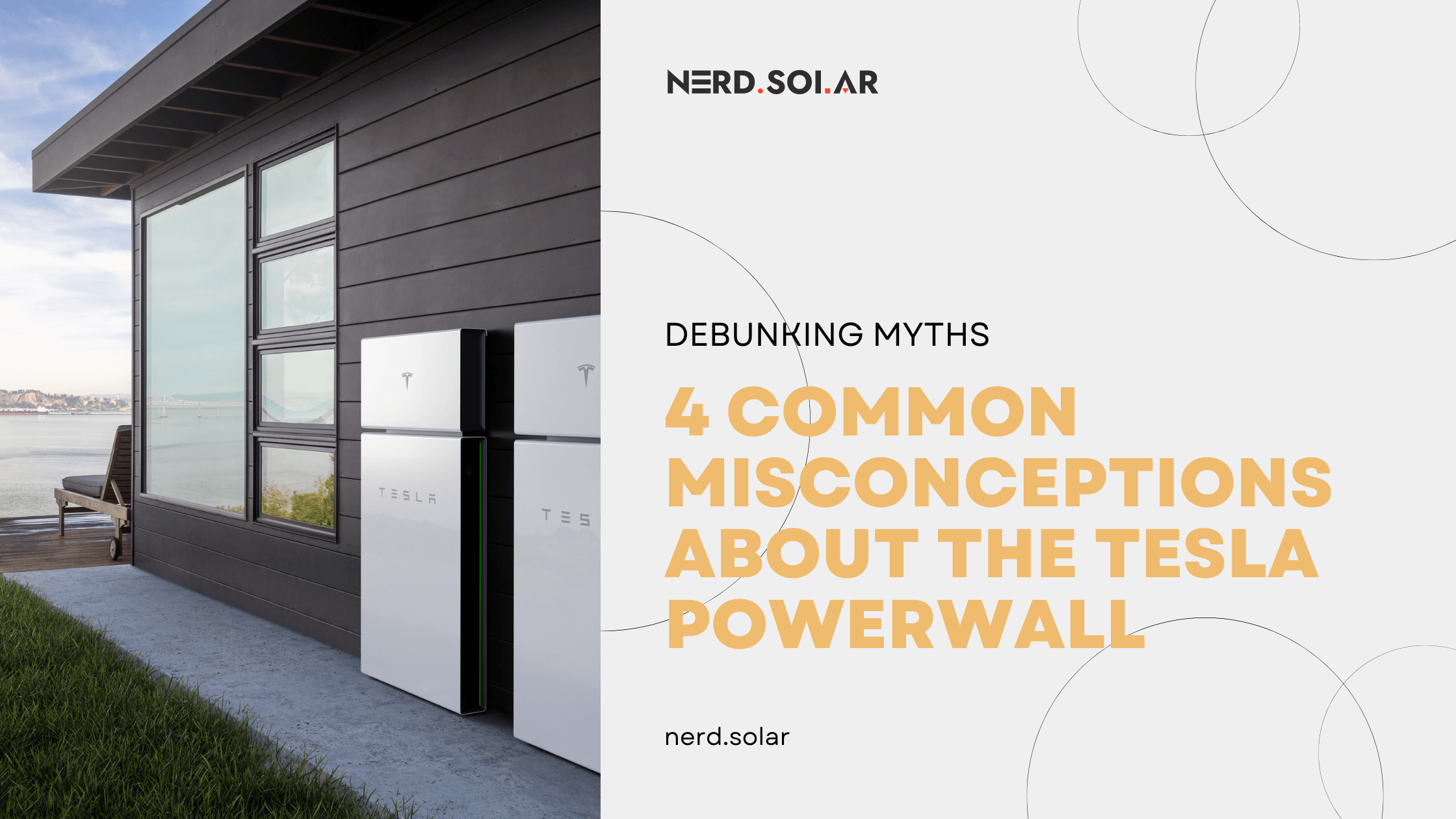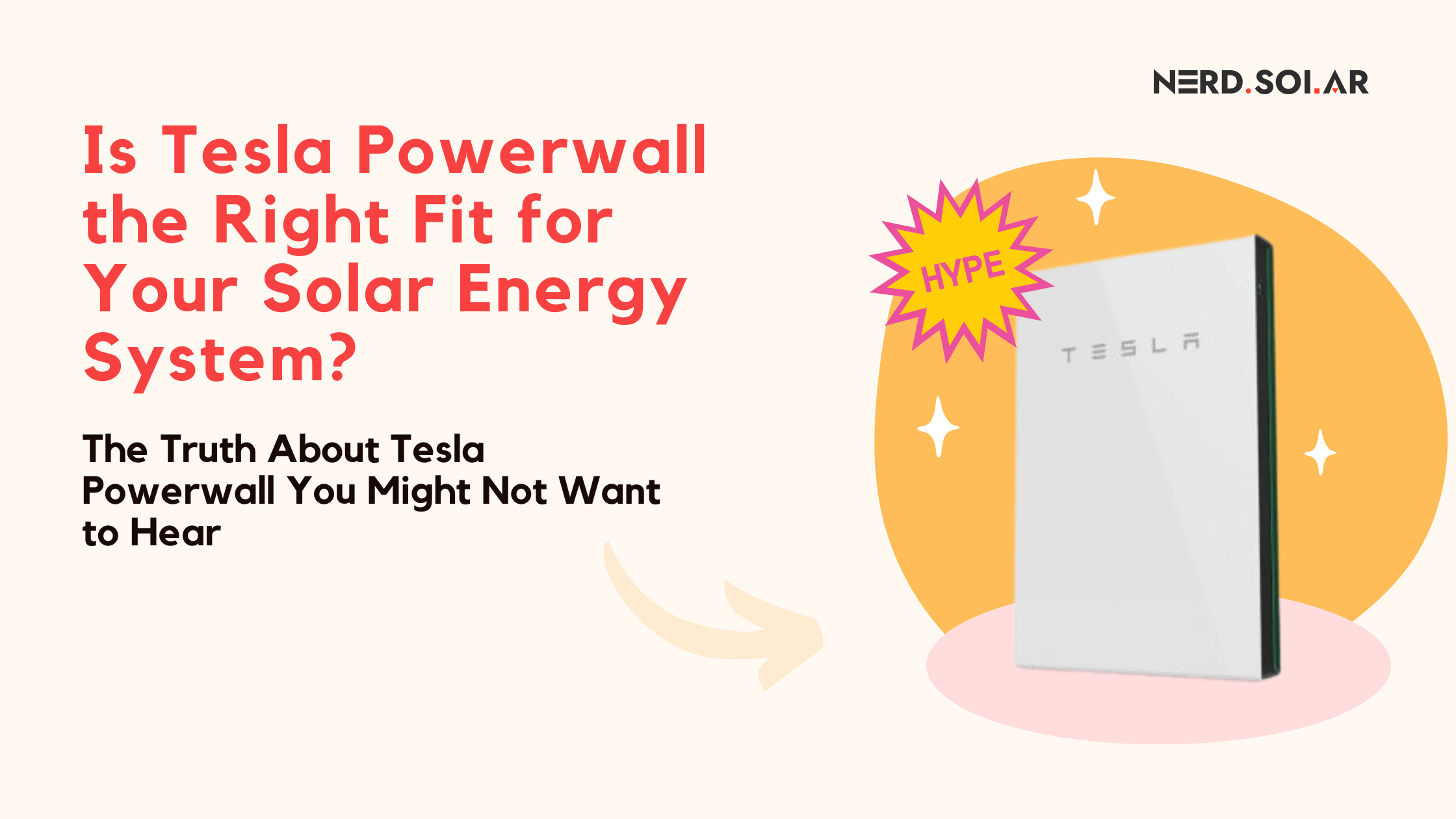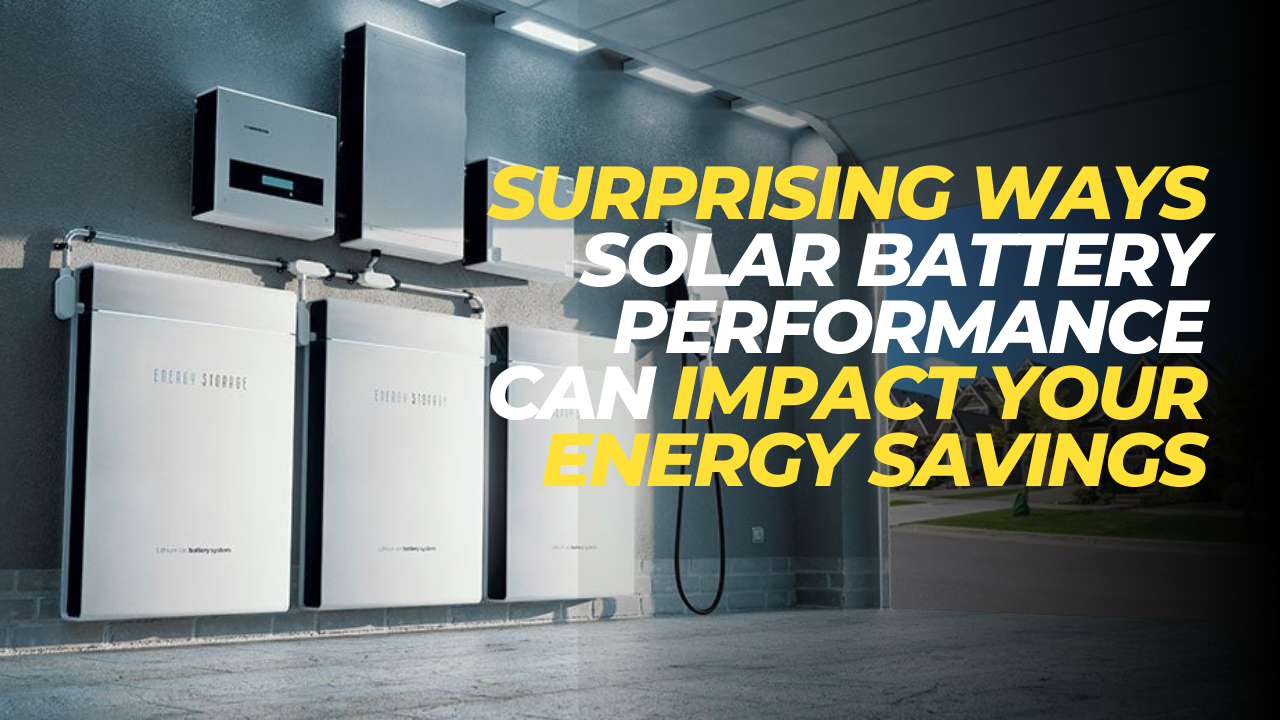How Do We Rate Solar Companies?
TL;DR: We rate solar installers from 1 to 5 stars to help you pick the best one. High stars mean they’re really good at what they do and treat their customers right. Low stars? Not so much. We give credit to companies that have been around for a while, know what they are doing, have a high standard of workmanship and equipment, don’t hire subcontractors to keep the bar of solar installation quality high and have good local reviews from real customers (yes, we check if the reviews are actually real or fake). Companies we choose as top-rated know and can help with federal and local solar incentives to help you save, have good financing plans, and guarantee their work. We’re here to point you to the solar companies that truly rock, making going solar easy and worthwhile for you.
Check our detailed review process here.
Is It Worth Going Solar in Arizona?
Yes, going solar in Arizona is definitely considered worth it. Here are some key points to consider:
- The average cost of a complete solar panel system in Arizona is around $21,011 after the federal solar investment tax credit (ITC)
- The average cost per watt is $2.44
- The average payback period ranges from 7 years
- Over 25 years, the average savings is $23,891
- The cost of solar panels in Arizona has fallen 54% over the last 10 years.
- A 5-kilowatt solar panel system in Arizona costs an average of $11,800 before incentives
- After the federal tax credit, the average price drops by 30%
- If you pay for your system with cash, you’ll save about $43,027 over 20 years on electricity costs with a 5 kW system in Arizona
- The payback period is approximately 6.84 years
Please note that these are averages and actual costs can vary. It’s recommended to do your research and get multiple quotes before making a decision. Going solar can be a significant investment, but it can also lead to substantial savings in the long run.
How much does solar save homeowners in Arizona?
Solar Savings:
- Households using solar power typically save between 20-50% off their traditional electricity bills each month.
- If you pay for your system with cash, you’ll save about $43,027 over 20 years on electricity costs with a 5 kW system in Arizona.
Payback Period:
- The average solar panel payback period in Arizona is between 6 and 10 years.
- Most homes in Arizona will experience a payback of 5 to 8 years.
- For a common 5.1 kWh system, the average payback period for Arizona residents is estimated at 7 years.
Comparison with Traditional Electric Bills:
- The average US electricity bill in the first half of 2023 was $146.92.
- A 7.5 kWh solar system with 5 peak hours of sun per day could more than offset the average homeowner’s electricity charges and save the full $146.92 in electricity charges.
Bills After Solar Installation:
- After installing solar panels, you will only pay for the minimal cost of grid electricity that your panels don’t offset or generate.
- If your solar panels produce more electricity than you use in a given month, you may see a credit on your electricity bill, depending on your utility company’s net metering policy.
What is the average cost of going solar in Arizona?
The average cost of going solar in Arizona can vary depending on the size of the system and the specific circumstances of the installation. Here are some key points:
- The average cost of solar panels in Arizona is $2.50 per watt, including labor and materials1.
- For a typical solar system size of 5 kilowatts (kW), the average cost of solar panels in Arizona ranges from $10,752 to $14,548, with the average gross price for solar in Arizona coming in at $12,650.
- As of April 2024, the average solar panel system costs $2.36/W including installation in Arizona3. For a 5 kW installation, this comes out to about $11,800 before incentives, though prices range from $10,030 to $13,570.
- After the federal tax credit, the average price drops by 30%.
*Please note that these are averages and actual costs can vary. It’s recommended to do your research and get multiple quotes before making a decision.
Arizona Solar Incentives
Arizona offers a variety of incentives and rebates to encourage residents and businesses to invest in solar power. Here are some key points:
Federal Incentives:
- The Federal Investment Tax Credit (ITC) is a significant incentive available to Arizona residents and businesses. This allows solar energy system owners to claim a credit on their federal income taxes equal to 25% of the cost of the system. This credit was decreased to 22% for systems placed in service after December 31, 2022.
State Incentives:
- Unfortunately, Arizona does not offer any incentives or rebates at the state level. However, Arizona does offer a Renewable Energy Production Tax Credit, which provides a credit for solar energy systems that generate electricity for sale to an electric utility.
Local Incentives:
- Some cities and counties in Arizona offer incentives to residents and businesses who install solar energy systems. These incentives can include property tax breaks, low-interest loans, and permit fee waivers.
- The state of Arizona offers a rebate to residents and businesses that install solar energy systems. The rebate is based on the size of the system and is capped at $1,000.
Financing Options:
- Arizona also offers multiple financing options, like PACE (Property Assessed Clean Energy) or LEASE program, to help make going solar more affordable.
Tax Exemptions:
- Arizona offers a 25% credit for purchasing the equipment for the solar energy system against personal income taxes owed in that year.
Solar Easements:
- Arizona state law protects the private property rights of homeowners with regards to solar access by voiding any local covenants, restrictions, or conditions in the property deed that inhibit the use of solar energy.
Net Metering:
- Under net metering, homeowners with solar panels can connect their systems to the grid and receive credits for the excess electricity they generate.
*These incentives make solar energy a more affordable and attractive option for homeowners in Arizona. However, it’s important to note that most incentive programs are only authorized for a certain period of time or until funding runs out.
Net Metering Policies in AZ
Arizona does not offer a traditional net metering program. Instead, it has a system called “net billing”. Here’s how it works:
Net Billing in Arizona
- Under net billing, your home uses the solar energy your panels produce, and any excess solar electricity is sent to the grid and purchased by your utility
- The utility purchases this excess solar at an “excess generation credit rate” that is worth less than the retail value of electricity
- Depending on the utility, excess solar energy will be purchased at a rate between 5% and 30% lower than the retail rate of electricity
How to Take Advantage of Net Billing
- Install a Solar Battery: Adding a solar battery to your solar installation can help you save more with Arizona’s net billing program. When you have a solar battery installed, you can store the excess energy from your solar panels in your battery instead of sending it to the grid.
- Lock in the Current Rate: One important aspect of Arizona’s net billing policy is that it allows utility companies to lower the buy-back rate every year. However, the utility companies are required to offer the opportunity to lock in the utility companies’ purchase back rate for 10 years after the installation. This means that someone who installs solar panels this year can lock in the utility company to credit them at the current rate, no matter what the company chooses to offer homeowners who wait another year to install their solar panels.
Are There Any Community Solar Programs in Arizona?
Yes, there are a few community solar programs in Arizona:
- Solar Communities Program: This program was offered by Arizona Public Service (APS) and provided a unique opportunity for limited-income and moderate-income customers to help advance solar in Arizona. However, please note that the program has been fully subscribed and is no longer accepting applications.
- Commissioner Tovar’s Proposal: The Arizona Corporation Commission approved Commissioner Tovar’s proposal to bring competitive community solar options to Arizona Public Service Company’s customers. The proposal requires the formation of a workgroup to examine the best practices from around the country, and establish the mechanics, implementation, and operational details of an APS community solar program.
- Shared Solar Programs: There are a few existing shared solar programs in the state, but these programs are led by energy utilities and do not offer energy savings, and limit the size.




